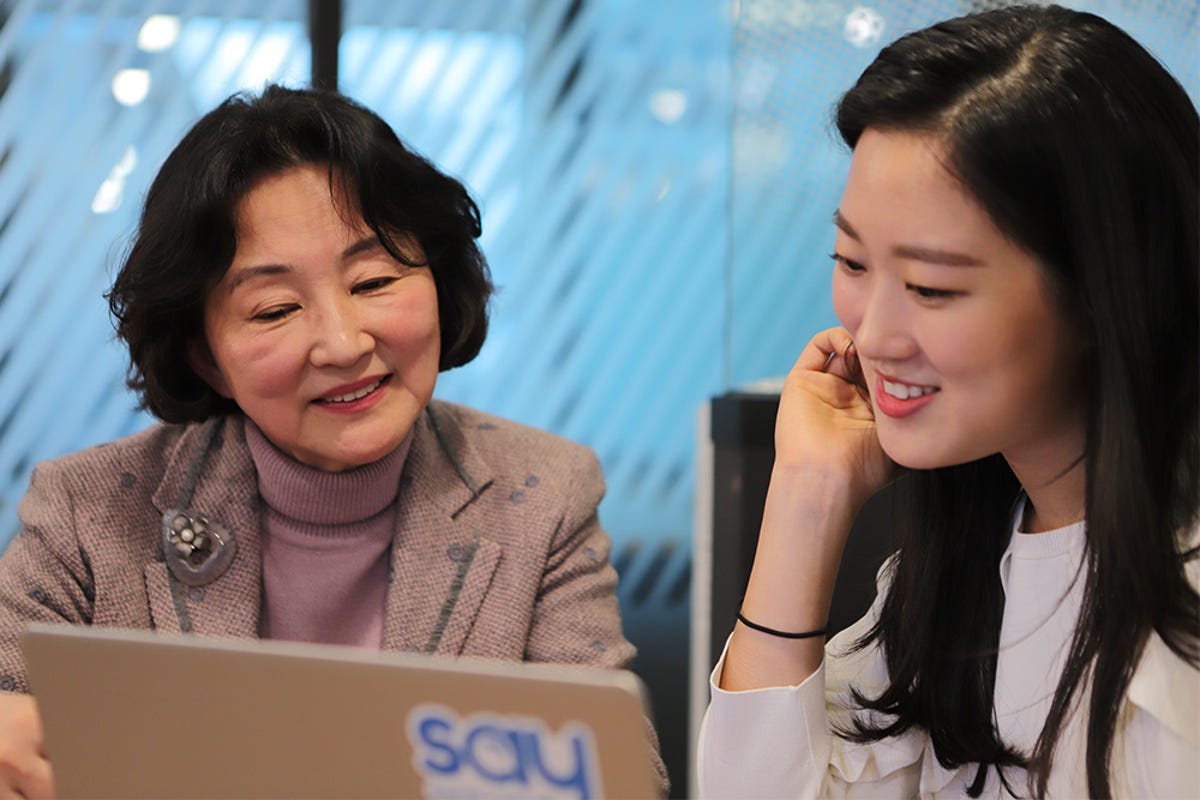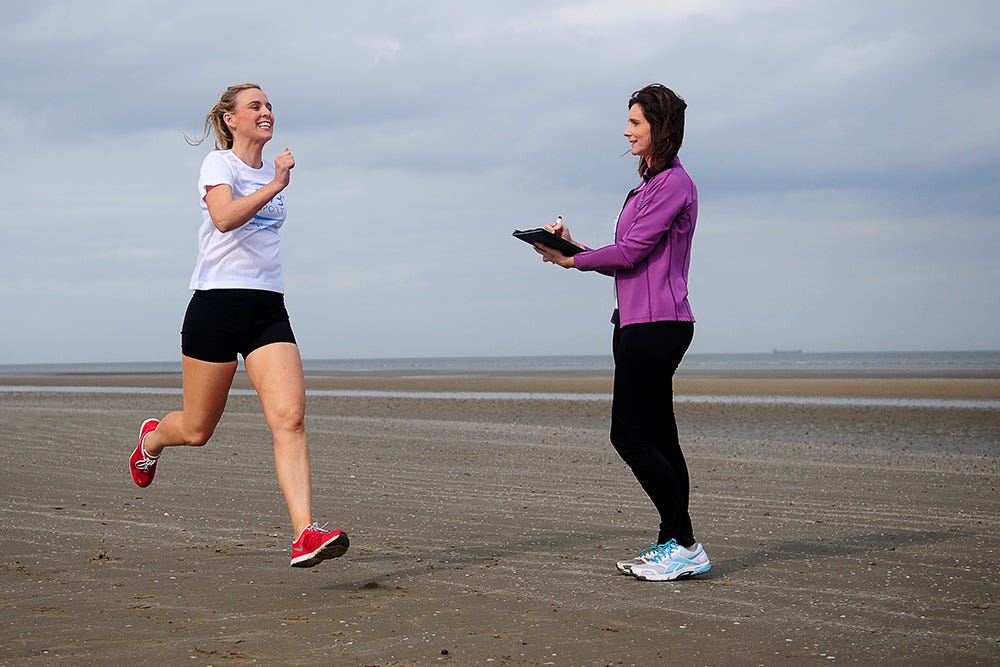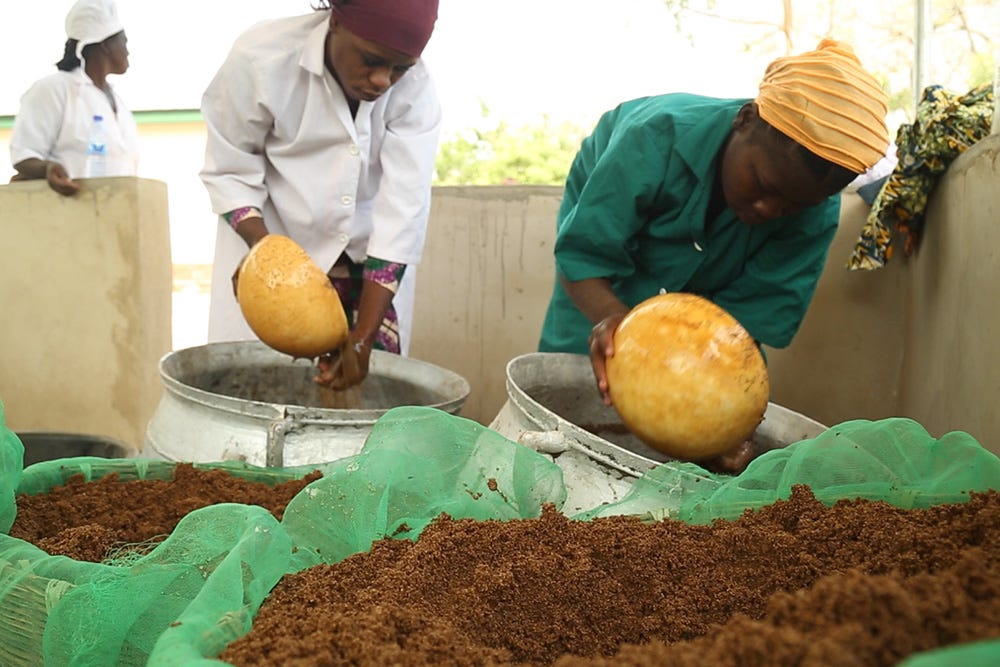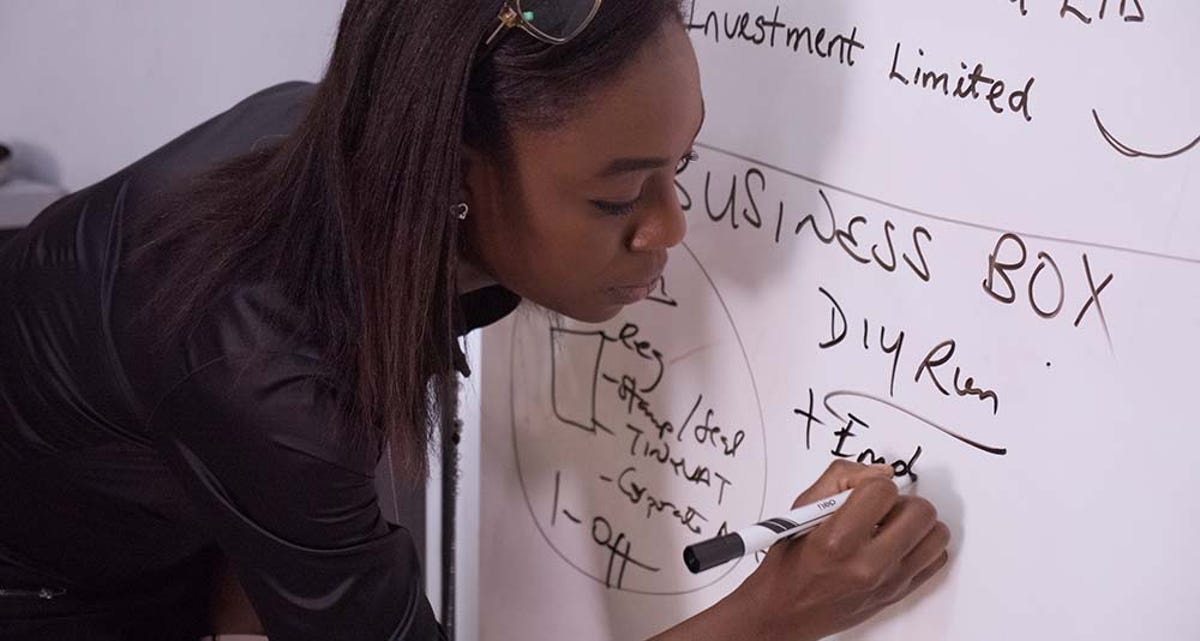Insights
RESEARCH
We aim to drive an active conversation about women impact entrepreneurs through content curation and research partnerships.
Monitoring and quantifying changes and gaps in the women’s entrepreneurship space helps us keep our actions targeted and impactful. In 2021, we partnered with Global Entrepreneurship Monitor (GEM) on the publication of its Women’s Entrepreneurship Report.
In collaboration with Babson College, Smith College, and Women Entrepreneurs Finance Initiative (We-Fi), we hope to highlight how women entrepreneurs have been impacted by the COVID-19 pandemic, and shed a light on the latest trends and challenges in the ecosystem.
There has been a slow shift in the narrative on women’s entrepreneurship from encouraging a high number of startups to more focus on promoting higher growth activities.

Key Findings
The GEM 2020 Adult Population Survey ran from April through August 2020 and offered an important opportunity to examine pandemic impacts on women entrepreneurs, in addition to an analysis of global trends.
High-growth women entrepreneurs
Globally, 30.2% of women entrepreneurs surveyed expected to hire six or more employees in the next five years compared to 48% of men entrepreneurs. In other words, women entrepreneurs represent about one in three growth-oriented entrepreneurs active in the world today.
Not only are women approaching parity with men in startup activities but they are highly involved in high-growth entrepreneurship and clearly making a significant impact in their markets, communities, and national economies.
Pandemic's impacts on women entrepreneurs
The report data show that women were more deeply impacted by the pandemic than their male counterparts. Of those who reported recently closing a business, women in the survey are 20% more likely than men to report a business closure due to the pandemic (41.9% vs. 35.5%). Globally, women entrepreneurs are more likely than men to say that starting a business was more difficult during the pandemic (65.5% vs. 60.8%). Women and men were at parity in reporting that the pandemic provided new business opportunities (40.6% vs. 42.2%).
Global trends on women’s entrepreneurship
Almost one in five women surveyed globally reported an intention to start a business within the next three years compared to one in four men. Women own and manage about a third of established businesses across all regions. Globally, women tend to run much smaller businesses than men. Women entrepreneurs are about half as likely as men to own/manage companies with 6–19 employees and two-thirds less likely than men to own/manage companies with 20 or more employees.
Across all regions, women are less likely on average than men to know an entrepreneur personally (49.6% vs. 56.2%), with the largest gap being in low-income countries (49.5% vs. 59.8%). Globally, 5.8% of women, compared to 8.2% of men, provide funding for entrepreneurial startups, representing a 30% gender gap.
Globally, women are about 10% less likely than men to report seeing new business opportunities (42.5% vs. 47.5%) and to be undeterred by fear of failure (49.9% vs. 54.8%). Women also reported an average 20% lower confidence than men in their capabilities to start a business (54.7% vs. 66.2%).
Women entrepreneurs are almost as likely (27.2%) as men entrepreneurs (29.5%) to offer innovative products or services that are new to all or some customers.

Implications
Women are over-represented among the most vulnerable small and new businesses: those that are more susceptible to market disruptions and economic shocks. This trend also contributes to persistent negative stereotypes used too often against growth-oriented women business owners as they seek growth funding and other critical resources to support business expansion and scale.
The report offers the following recommendations for advancing women’s entrepreneurship around the world:
Focus on support for women’s high-growth business activity
Women entrepreneurs are making significant contributions to the global economy and society. Globally, there is a slow shift in the narrative about women’s entrepreneurship — from encouraging a high number of startups to higher-growth activities. It is now time to focus on how we can best support the women entrepreneurs and business owners who are starting and leading high-growth companies. Tens of millions of women around the world are making a big impact.
Encourage women investors
Women business owners have struggled for many decades to access equity funding. Three recent trends suggest pathways to increased investment in women-owned firms: the organization of women’s business angel networks, where women are learning to invest in the kinds of product and business that they value; impact investing; and women-focused investing. All three types of investment trends are well suited to the types of high-growth, high-potential firms that women tend to start — those that address important social needs and are communicated in ways that may speak more to what is needed in the market than to what may be most profitable.
Support women business owners in male-dominated sectors
Women operating in male-dominated sectors are very much overlooked: for example, by incubator and accelerator programs that focus on technology and engineering firms. These programs are the ones that need to do the most work on inclusion programming and evaluation to ensure that women are properly supported and inspired to create great companies with lasting impacts on their markets and industries.
Develop policy that directly supports women business owners
Women entrepreneurs have shown incredible resilience and ingenuity in adapting to the resulting business disruptions and new market realities. But public policies in many countries have still fallen short, with insufficient support for family care, schooling and small-business impacts. Policies and relief programs that are best for women are also best for small business owners in general and for families, including men who are increasingly involved in family care.
The pandemic has disproportionally impacted women and minorities. That said, if ever there was a moment to witness the resilience of a woman leader, the current times have really reinforced the importance of our work.
Entrepreneur Highlights
The report highlighted a group of fellows who turned crisis into opportunity

EVB Sport & Core
Yvonne Brady
"During the lockdowns, we did not stop finding ways to learn more about the challenges facing our community. We will publish several papers on our recent COVID-19 and pelvic health survey. The research not only helps to advance women’s health but positions us as global leaders in the field of pelvic health."

Bolsa Rosa
Ana-Lucia Cepeda
"With the goal to be competitive, profitable and always one step ahead of the market trends, the pandemic gave us the opportunity to evolve our branding, improve our storytelling around new digital products and expand our reach in a wider global market. It also allowed us to address the long-term struggles and challenges for women looking for flextime work in the marketplace."

AMAATI Co. Ltd
Salma Abdulai
"Our traditional way of selling was not working any longer. Out of urgency, AMAATI launched a supply chain software which made it easier to reach our existing farmers. Business started picking up gradually. Even though the pandemic was a hit, it has made us more resilient than ever."
Many entrepreneurs are self-taught; we start businesses out of necessity or to solve an urgent problem.
